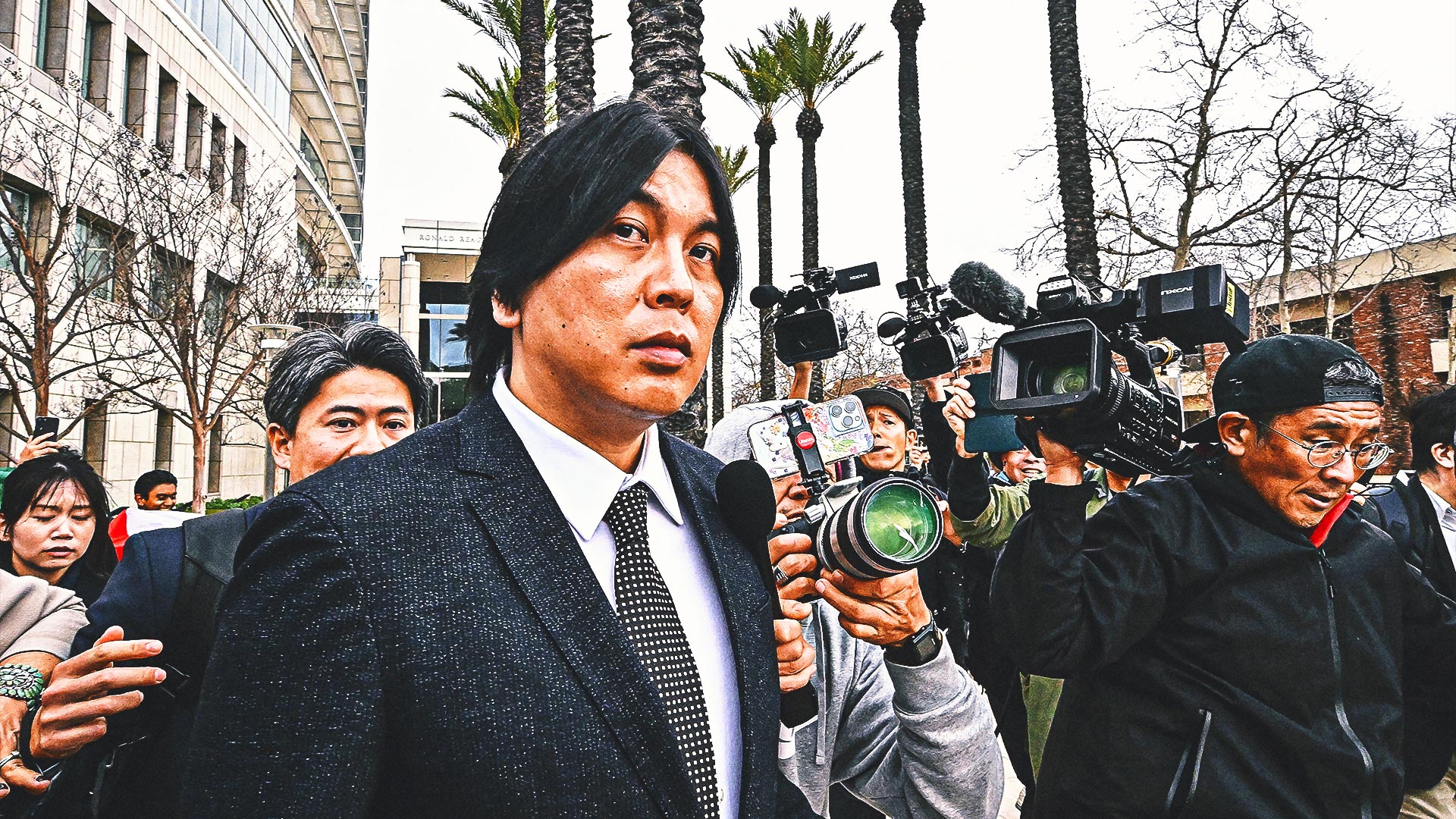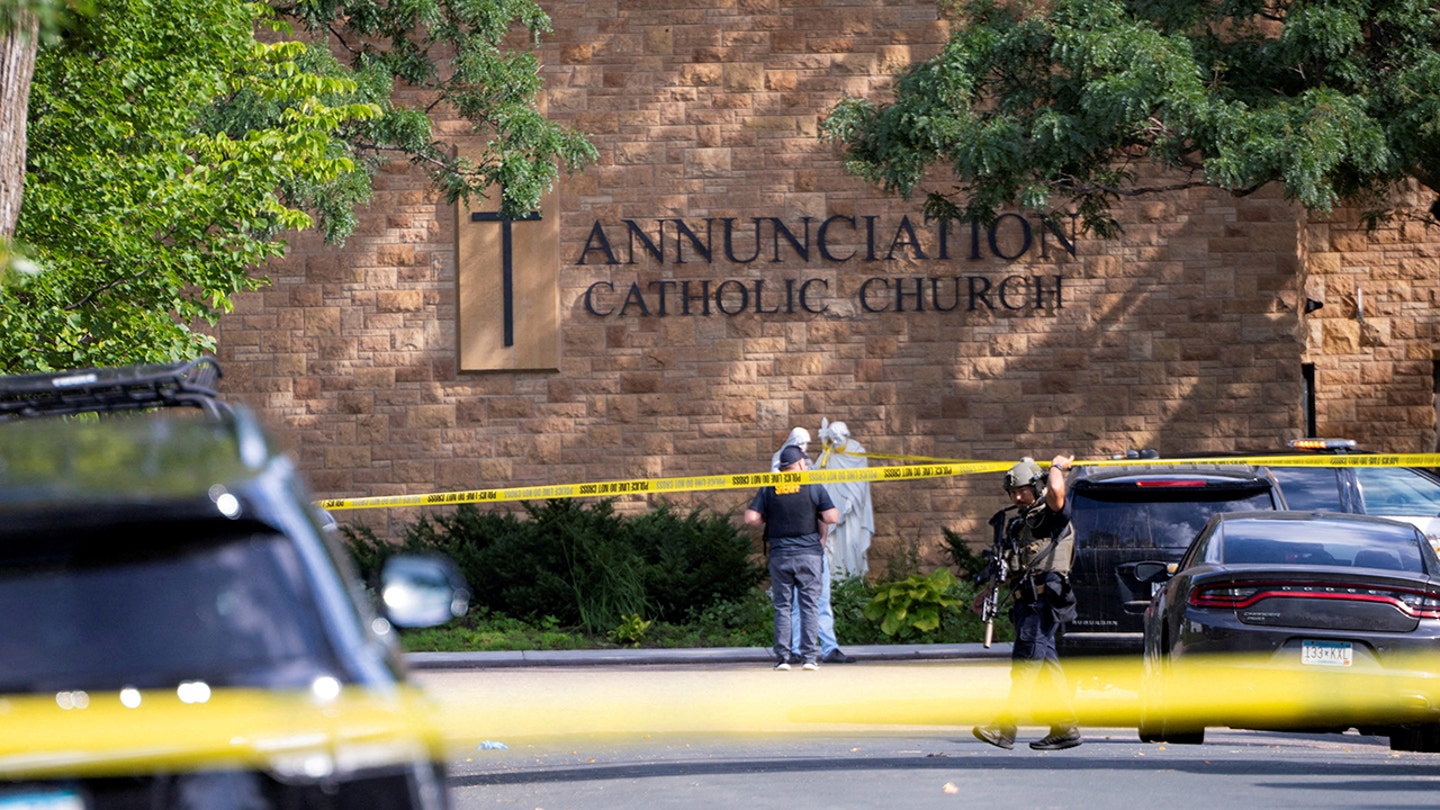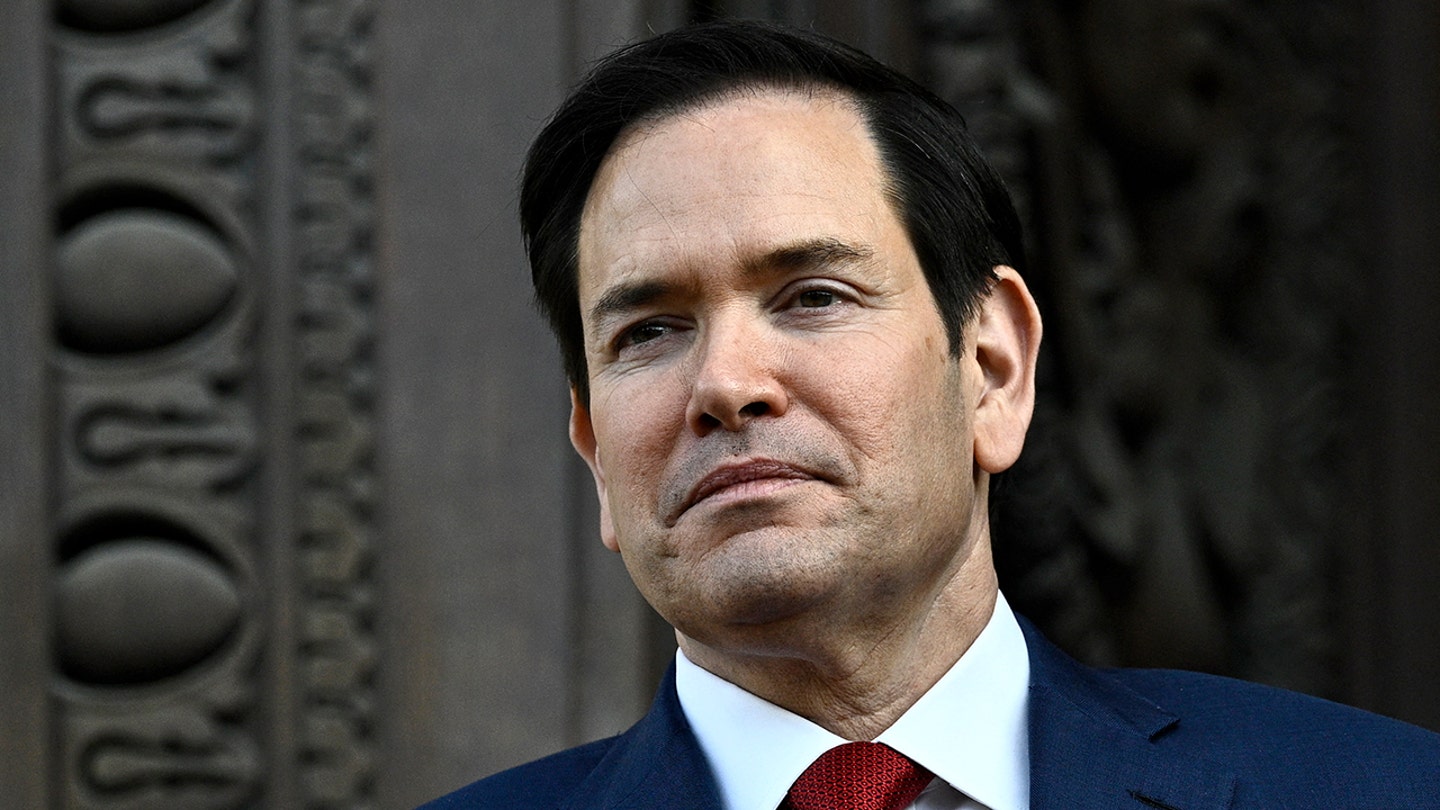
Florida State linebacker Ethan Pritchard in critical but stable condition after being shot
Entities mentioned:
- Ethan Pritchard: Self-preservation, Determination, Unity
- Florida State University (FSU): Duty, Unity, Professional pride
- Mike Norvell: Duty, Loyalty, Unity
- Gadsden County Sheriff's Office: Duty, Justice, Security
- Florida Department of Law Enforcement (FDLE): Justice, Security, Duty
Article Assessment:
Credibility Score: 75/100
Bias Rating: 50/100 (Center)
Sentiment Score: 30/100
Authoritarianism Risk: 25/100 (Generally Democratic)
Bias Analysis:
The article presents a balanced account of the incident, relying on official statements and including multiple perspectives. It refrains from speculation and maintains a neutral tone throughout the reporting.
Key metric: Violent Crime Rate
As a social scientist, I analyze that this incident highlights the ongoing issue of gun violence in the United States, even affecting high-profile college athletes. The shooting of a Florida State football player in his hometown underscores the pervasive nature of gun-related incidents and their potential impact on communities and institutions. The involvement of multiple law enforcement agencies and the university's response demonstrate the ripple effects of such events on various societal levels. This case may influence public perception of safety in college towns and potentially impact recruitment strategies for college athletic programs.

Czech tennis star says ex-boyfriend in US Open crowd startled her during match
Entities mentioned:
- Karolina Muchova: Self-preservation, Professional pride, Determination
- Sorana Cîrstea: Competitive spirit, Professional pride
- Ex-boyfriend: Control, Influence
- Women's Tennis Association (WTA): Security, Professional pride, Duty
- United States Tennis Association (USTA): Security, Professional pride, Duty
- Emma Raducanu: Self-preservation, Security
Article Assessment:
Credibility Score: 75/100
Bias Rating: 50/100 (Center)
Sentiment Score: 35/100
Authoritarianism Risk: 25/100 (Generally Democratic)
Bias Analysis:
The article presents a balanced account of the incident, including quotes from Muchova and official statements from the USTA. It doesn't appear to favor any particular perspective and provides context with similar incidents in tennis.
Key metric: Public Safety and Security at Major Events
As a social scientist, I analyze that this incident highlights the importance of security measures and protocols at high-profile sporting events. The presence of Muchova's ex-boyfriend, described as someone who 'shows up at places where he shouldn't be,' raises concerns about athlete safety and the potential for stalking or harassment. The article mentions existing security measures, such as blacklisting certain individuals from purchasing tickets or receiving credentials, but also reveals potential gaps in the system, as Muchova had not reported this individual beforehand. This incident may prompt a review and potential enhancement of security protocols, particularly regarding the communication between athletes and event organizers about potential security threats. The broader implications extend to public safety at large-scale events and the balance between accessibility for spectators and protection for participants.

Bookmaker for MLB Star Shohei Ohtani’s Interpreter Sentenced to Year in Prison
Entities mentioned:
- Mathew Bowyer: Greed, Self-preservation, Remorse
- Ippei Mizuhara: Greed, Self-preservation, Fear
- Shohei Ohtani: Professional pride, Recognition, Security
- Federal prosecutors: Justice, Duty, Righteousness
- Internal Revenue Service: Justice, Control, Duty
Article Assessment:
Credibility Score: 75/100
Bias Rating: 50/100 (Center)
Sentiment Score: 35/100
Authoritarianism Risk: 25/100 (Generally Democratic)
Bias Analysis:
The article presents a balanced account of the legal proceedings without apparent political slant. It includes quotes from the defendant and details from both the prosecution and defense, indicating an effort to provide a neutral perspective on the events.
Key metric: Regulatory Enforcement Effectiveness
As a social scientist, I analyze that this case highlights the effectiveness of federal regulatory bodies in addressing illegal gambling operations in professional sports. The sentencing of Bowyer and the previous conviction of Mizuhara demonstrate the government's ability to investigate and prosecute complex financial crimes involving high-profile athletes. This enforcement action may serve as a deterrent to others involved in similar illegal activities, potentially improving the integrity of professional sports. However, the case also reveals vulnerabilities in the financial oversight of professional athletes, suggesting a need for improved financial management practices within major sports organizations.

Travis Hunter announces he's a father just days before season begins
Entities mentioned:
- Travis Hunter: Professional pride, Ambition, Legacy
- Leanna De La Fuente: Unity, Pride, Security
- Jacksonville Jaguars: Competitive spirit, Ambition, Recognition
Article Assessment:
Credibility Score: 75/100
Bias Rating: 50/100 (Center)
Sentiment Score: 70/100
Authoritarianism Risk: 20/100 (Strongly Democratic)
Bias Analysis:
The article presents a balanced, neutral tone focusing on factual information about Hunter's personal life announcement. It doesn't lean towards any particular political or ideological stance, maintaining a centrist approach to reporting the news.
Key metric: NFL Player Performance and Public Image
As a social scientist, I analyze that this article impacts NFL Player Performance and Public Image by highlighting the personal life milestone of a rookie player. The announcement of Travis Hunter becoming a father just before the season begins could potentially affect his on-field performance and public perception. This personal development might lead to increased media attention and fan interest, potentially influencing team dynamics and marketing opportunities. The timing of this news, so close to the season's start, may also raise questions about work-life balance for professional athletes and how personal life events intersect with their careers.

WNBA star Sophie Cunningham sends prayers to victims of 'pure evil' Minneapolis shooting
Entities mentioned:
- Sophie Cunningham: Righteousness, Moral outrage, Compassion
- FBI: Justice, Duty, Security
- Kash Patel: Duty, Justice, Professional pride
- Robin/Robert Westman: Revenge, Moral outrage, Recognition
- Brian O'Hara: Duty, Security, Professional pride
Article Assessment:
Credibility Score: 75/100
Bias Rating: 55/100 (Center)
Sentiment Score: 25/100
Authoritarianism Risk: 35/100 (Generally Democratic)
Bias Analysis:
The article presents a relatively balanced account of the incident, including multiple perspectives and official sources. However, the focus on the shooter's gender identity change might be seen as unnecessary emphasis, potentially skewing the narrative.
Key metric: Violent Crime Rate
As a social scientist, I analyze that this article highlights a significant violent crime incident that impacts the national Violent Crime Rate metric. The mass shooting at a Catholic school in Minneapolis, resulting in fatalities and multiple injuries, represents a severe case of violence that will likely influence crime statistics and public perception of safety. The involvement of the FBI in investigating this as a potential hate crime against Catholics adds another layer of complexity to the incident, potentially affecting inter-community relations and religious tensions. The shooter's apparent manifesto and disturbing online content suggest premeditation and ideological motivations, which could have broader implications for discussions on gun control, mental health, and online radicalization. The reaction from public figures like Sophie Cunningham demonstrates the widespread impact of such events on society, influencing public discourse and potentially policy responses.

WNBA star Paige Bueckers calls for tight gun control laws after Minnesota Catholic church shooting
Entities mentioned:
- Paige Bueckers: Moral outrage, Justice, Righteousness
- Robert/Robin Westman: Revenge, Moral outrage, Fear
- Annunciation Church: Unity, Security, Freedom
- Minneapolis Police: Duty, Justice, Security
Article Assessment:
Credibility Score: 70/100
Bias Rating: 55/100 (Center)
Sentiment Score: 25/100
Authoritarianism Risk: 30/100 (Generally Democratic)
Bias Analysis:
The article presents a balanced view, including quotes from Bueckers and factual information from authorities. While it leans slightly right due to the Fox News source, the content itself remains mostly neutral in its presentation of the event and reactions.
Key metric: Gun Violence Rates
As a social scientist, I analyze that this article highlights the ongoing issue of gun violence in the United States, specifically in public spaces like schools and churches. The call for stricter gun control laws by a prominent athlete reflects growing public concern and could potentially influence policy discussions. The incident's impact on a religious institution may also affect perceptions of public safety and community cohesion. The involvement of children as victims is likely to intensify emotional responses and debates around gun control measures.

House Democrats call on Rubio to allow injured children from Gaza into US following visa halt
Entities mentioned:
- House Democrats: Moral outrage, Justice, Compassion
- Trump administration: Security, Control, Wariness
- Marco Rubio: Security, Duty, Wariness
- State Department: Security, Control, Duty
- Hamas: Power, Control, Influence
- Israeli government: Security, Control, Self-preservation
Article Assessment:
Credibility Score: 75/100
Bias Rating: 40/100 (Lean Left)
Sentiment Score: 35/100
Authoritarianism Risk: 45/100 (Mixed/Neutral)
Bias Analysis:
The article leans slightly left, giving more space to Democratic concerns and humanitarian arguments. While it includes Rubio's perspective, it frames the visa halt more critically and emphasizes the potential negative impact on children needing medical care.
Key metric: US Foreign Policy Effectiveness
As a social scientist, I analyze that this article highlights a conflict between humanitarian concerns and national security interests in US foreign policy. The decision to halt visas for Gaza residents, including children needing medical care, demonstrates a prioritization of security concerns over humanitarian aid. This policy shift could impact the US's global image and its ability to balance hard and soft power in international relations. The congressional pushback indicates internal disagreement on the appropriate balance between security and humanitarian considerations, which could lead to policy adjustments. The situation also underscores the complex interplay between domestic politics, international relations, and humanitarian issues in US foreign policy decision-making.

Apple expected to roll out texting update that would hit GOP hardest ahead of midterms, fundraisers say
Entities mentioned:
- Apple: Control, Security, Professional pride
- Republican Party: Self-preservation, Competitive spirit, Wariness
- Sean Dollman: Loyalty, Indignation, Determination
- Donald Trump: Ambition, Power, Influence
- Democratic Party: Self-preservation, Competitive spirit, Unity
- Big Tech: Control, Power, Influence
Article Assessment:
Credibility Score: 65/100
Bias Rating: 75/100 (Lean Right)
Sentiment Score: 30/100
Authoritarianism Risk: 45/100 (Mixed/Neutral)
Bias Analysis:
The article leans right, primarily presenting Republican perspectives and concerns. It frames the issue as potentially harmful to GOP interests, with limited counterbalancing viewpoints from Apple or Democrats.
Key metric: Electoral Participation and Fundraising
As a social scientist, I analyze that this article highlights a potential technological change that could significantly impact political campaigning and fundraising, particularly for the Republican Party. The iOS update's text filtration system is presented as potentially detrimental to GOP outreach efforts, echoing past controversies with tech companies. This situation underscores the growing influence of technology on political processes and the tension between user experience/security and political communication. The article suggests a disproportionate impact on Republican campaigns, which could affect voter engagement and campaign financing. This raises questions about the neutrality of tech platforms in political processes and the adaptability of political campaigns to technological changes.

81% of Americans see crime as a 'major problem' in big cities, new poll shows
Entities mentioned:
- Donald Trump: Power, Control, Recognition
- American Public: Security, Fear, Justice
- Pam Bondi: Duty, Professional pride, Control
- Iris Tao: Security, Self-preservation, Recognition
- Anna Giaritelli: Justice, Security, Moral outrage
- Gregg Pemberton: Professional pride, Security, Control
Article Assessment:
Credibility Score: 65/100
Bias Rating: 75/100 (Lean Right)
Sentiment Score: 30/100
Authoritarianism Risk: 70/100 (Authoritarian Tendencies)
Bias Analysis:
The article leans right, evidenced by its focus on Trump's actions and positive framing of his crime policies. It predominantly features perspectives supporting Trump's approach, with limited counterbalancing views.
Key metric: Crime Rate
As a social scientist, I analyze that this article highlights a significant public concern over crime rates in major US cities, with a strong emphasis on the Trump administration's approach to law enforcement. The poll data suggests widespread anxiety about crime across political affiliations, though with varying levels of support for Trump's methods. The personal anecdotes and support from law enforcement officials reinforce the narrative of a crime crisis, potentially influencing public perception and policy decisions. The federalization of local police forces represents a significant shift in crime-fighting strategy, which could have far-reaching implications for federal-state relations and civil liberties.

'Weapons of war': Dem lawmakers call for gun control after Minneapolis school shooting
Entities mentioned:
- Chuck Schumer: Moral outrage, Justice, Security
- Hakeem Jeffries: Moral outrage, Security, Justice
- Shri Thanedar: Moral outrage, Justice, Security
- Brian O'Hara: Duty, Security, Professional pride
- Tom Emmer: Duty, Empathy, Security
- Tina Smith: Moral outrage, Security, Empathy
- Amy Klobuchar: Justice, Security, Moral outrage
Article Assessment:
Credibility Score: 75/100
Bias Rating: 45/100 (Center)
Sentiment Score: 25/100
Authoritarianism Risk: 30/100 (Generally Democratic)
Bias Analysis:
The article presents statements from both Democratic and Republican lawmakers, providing a somewhat balanced view. However, there is more emphasis on Democratic calls for gun control, which slightly tilts the perspective.
Key metric: Gun Violence Incidence Rate
As a social scientist, I analyze that this article highlights the immediate political response to a school shooting incident, specifically focusing on calls for gun control from Democratic lawmakers. The shooting at Annunciation Catholic School in Minneapolis has reignited the debate on gun violence and school safety. Democratic leaders are using this tragedy to push for stricter gun control measures, framing it as a public safety and child protection issue. The responses from Republican representatives are more restrained, offering prayers without mentioning policy changes. This polarization reflects the ongoing partisan divide on gun control issues in the United States. The incident's impact on the Gun Violence Incidence Rate is likely to be significant, as school shootings tend to intensify public discourse and potentially influence policy decisions regarding gun control and school safety measures.